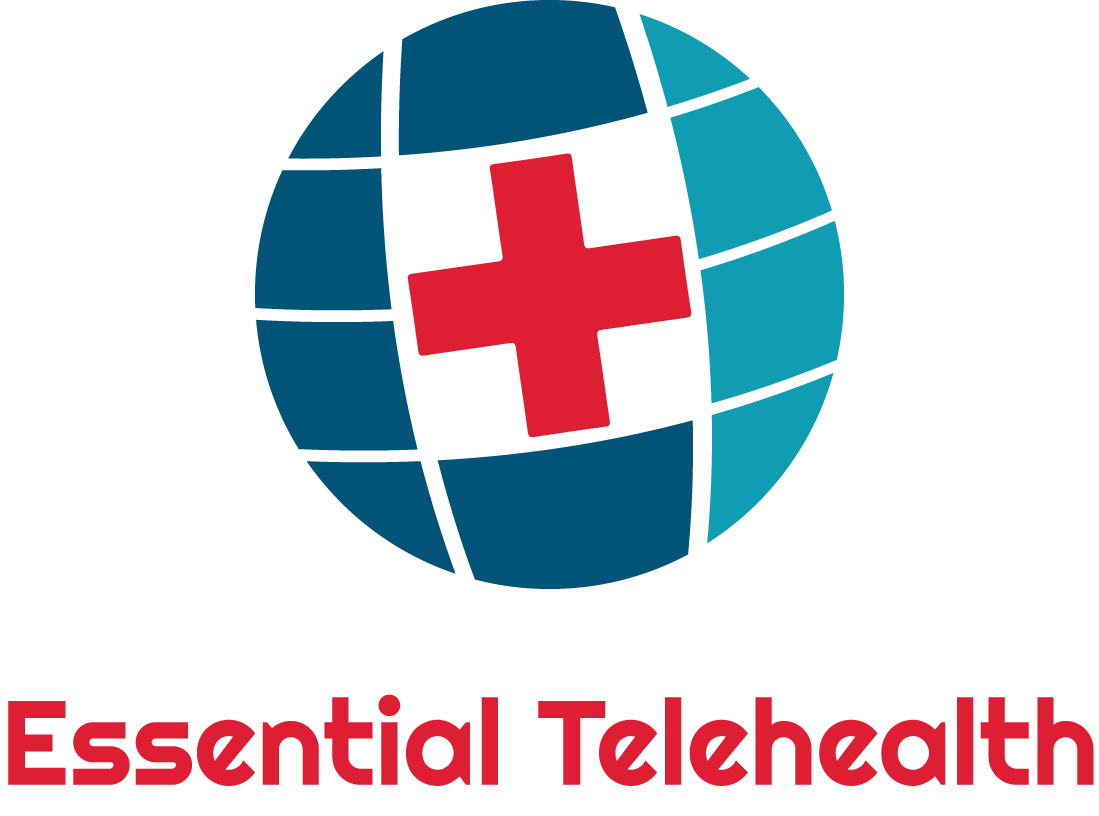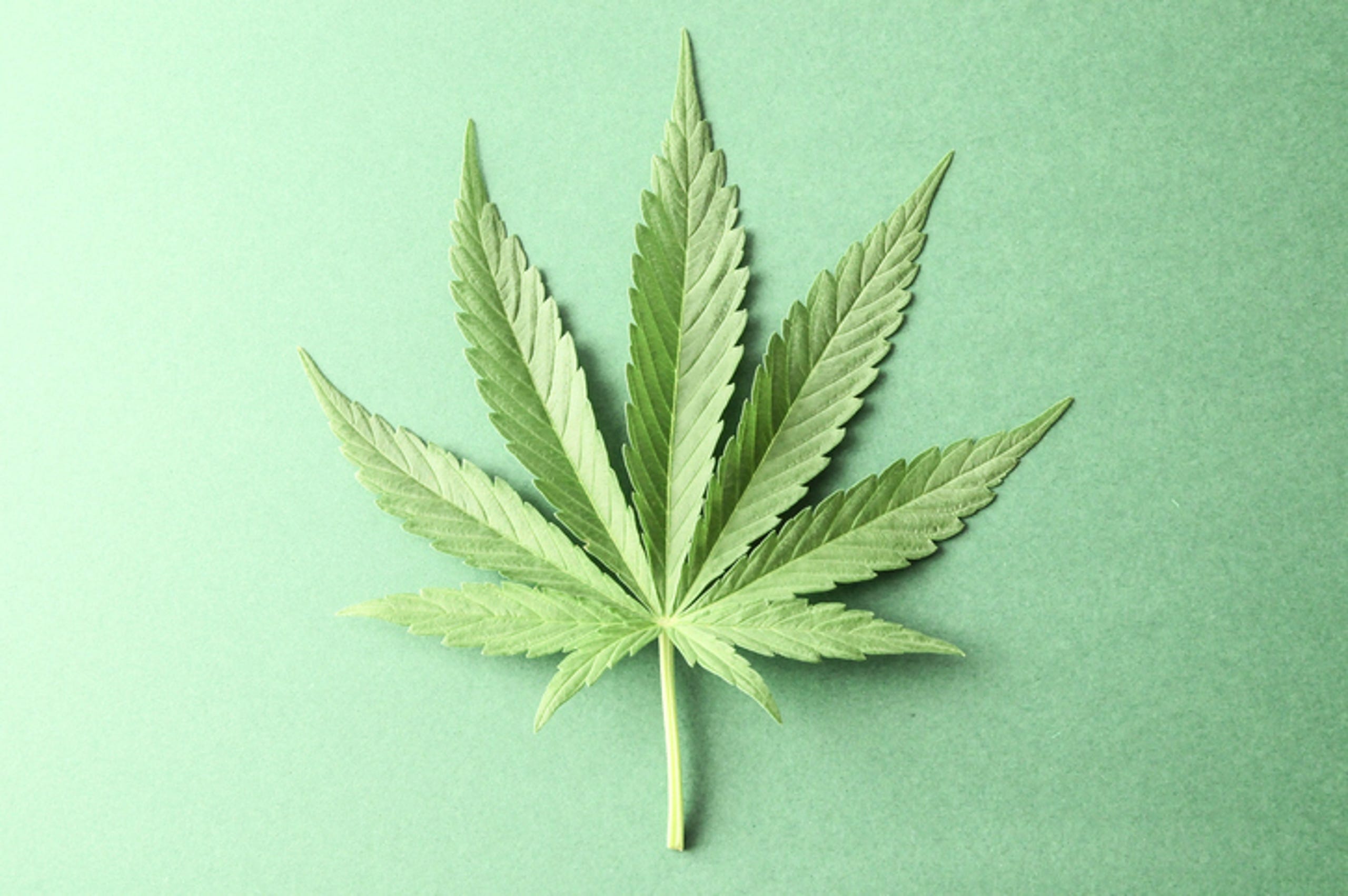How To Pass A Drug Test For Weed: The Ultimate Guide
A search for “how to pass a drug test” on the web can sometimes feel like an overwhelming mix of information including quick fixes, myths, and, of course, bad advice from strangers.
So what is a stoner (or casual cannabis consumer, or medical patient, for that matter) to do when all you need is a single, reliable option?
If you have to pass a drug test for weed, it is important to understand how drug tests and detoxing works in order to put yourself in the best position to pass. We broke it all down for you here so you don’t have to ask the internet anymore.
How long does weed stay in your system?
Answer:
- Urine Test: 30-45 days (daily consumer)
- Blood Test: 45-60 days
- Hair Test: 90-120 days (daily consumer)
- Saliva Test: 1-7 days (daily consumer)
What factors determine the time window for THC still being in your body?
Answer:
- Body Mass (BMI)
- Metabolism
- Levels of THC in your body
The natural timeline for THC leaving your system is different for everyone, as it is dependent on a number of factors that include age, body mass, metabolism, frequency of exposure, duration of exposure, and the potency of the cannabis consumed.
For most people, it can take as long as 4-6 weeks for traces of THC from cannabis to naturally exit your system from the last point you consumed. Unlike other testable substances, THC is fat-soluble which means it gets stored in your fat cells and organs.
Generally speaking, the less frequent you consume and less body fat you have the lesser amount of time it will take you to cleanse. As you may have guessed, the more frequent and concentrated your consumption is and the higher your body fat levels are will have the opposite effect, making it a longer process to getting THC out that often requires detoxing with a hardcore diet plan.
What types of drug tests are there?
Answer:
- Urine Test: most common method of drug testing
- Hair Test: fastest-growing new method of drug testing
- Blood Test: less common—typically for specialized or sanctioned drug testing
- Saliva Test: least common—typically for government/roadside drug testing
The urine test is by far the most common drug testing method used by employers and drug testing labs due to its convenience and low cost. Hair testing is rising in popularity amongst the government and certain employers with specialized positions because of its unique ability to detect previous drug use far longer than other tests; sometimes as long as several months in the past. Larger companies as well as government agencies will administer a blood test. Saliva tests are generally used for roadside testing. You can always ask which test will be administered so you can be prepared on test day.
How do marijuana drug tests work?
Answer: Cannabis leaves traces of THC in your fat cells that deposit into your bloodstream making those traces detectable by drug tests designed to check your urine, hair, blood, or saliva.
Urine Analysis
Nanograms per milliliter, or ng/mL, is the unit of measurement used in drug tests. The most common urine analysis used is set to detect 50ng/mL or higher of THC in your system. What this means is that you need to have at least 50 nanograms of THC per milliliter of urine for the test to come back positive. This method of testing is the easiest to overcome by flushing your system for the day with a detox drink or permanently with a detox kit.
There are two different types of drug tests for urine analysis. Immunoassay, the most common, is the cheaper of the two options and offers results quickly. Like most things that are fast and cheap, there are a few drawbacks to this method of testing; sometimes immunoassay tests will give a false positive.
If your initial test comes back positive, a second type of test is taken to confirm the result. The gas chromatography/mass spectrometry (GC/MS) test is more expensive and takes more time to get results; however, it is a much more reliable test, rarely giving false positives.
Urine tests can return diluted results which means the test was inconclusive and must be retaken. The test retake usually occurs the next business day which provides additional time to detox. Urine tests can also result in false positives (you are clean but it says you are dirty) and false negatives (you are dirty but it says you are clean) making options for contesting and demanding a re-test potentially valid depending on the drug test.
Hair Test
This is another type of test that employs two tests to confirm a positive result. The first test is the enzyme linked immunosorbent assay (ELISA) and the second test is the aforementioned GC/MS.
For most hair drug tests, the first inch and a half of your hair from your scalp down will be analyzed. The average hair on your scalp grows at the rate of half an inch per month. The inch and a half of hair taken for a drug test will thus be able to detect THC use for around 90 days.
Despite the ability to test further back than a urine test, hair tests are not the best choice for identifying recent cannabis use. This is because it can take up to a week for traces of THC to show up in your hair. Additionally, some medications have been known to produce false positives, so be sure to let the tester know if you are on any prescription or over-the-counter drugs.RelatedDoes CBD show up on a drug test?
Blood Tests
When it comes to identifying recent cannabis use, blood testing is the best option to identify THC in your system. Within a matter of seconds after smoking, THC is detectable in your blood; which is why certain roadside tests can be blood tests under certain circumstances.
If you only took that one puff with a friend, THC can be detectable in your blood for one to seven days; however, heavy users can expect it to remain in their blood for quite a bit longer, and similar to urine it can be detected in your blood for up to two months after you start to abstain.
Mouth Swab Tests
Mouth swabs are becoming more popular because they are quick to administer and provide accurate information concerning recent use; however, they are pretty much only reliable for recent use. Because of this, law enforcement has embraced mouth swabs as a way to determine if someone is operating a vehicle under the influence.
Do these common methods for passing a drug test really work?
Answer:
- Natural Cleanse: can take 30-60 days
- Detox Kits: can flush THC in 5-10 days
- Detox Drinks: can temporarily flush THC the same day for a few hours
- Synthetic Urine: can work but is detectable and risky
- Home Remedies: magical at-home fixes like Niacin, Certo, Vinegar are BOGUS
- Other Urine: pee from your straight edge friend won’t be the right temperature
When it comes to cannabis, detoxing is a process that can take some time. The more days or even weeks you have to detox the better. Unfortunately, not everyone has ample amounts of time.
To help speed up your body’s detoxification process, there are a number of different options, just note that some work better than others. To help you make an informed decision when picking the right option or product for your detoxification needs, check out this primer on the different types of detox solutions available:
Natural Cleanse
Most people can complete a natural cleanse in 30-60 days. It requires you to change your lifestyle as well as your eating habits to make sure that your body is eliminating the THC that is stored in your system.
Everyone detoxes at a different pace. Although, most people can get completely detoxed within a few weeks; and since cannabis is stored in fat cells, heavy daily users have reported it taking over 90 days to test clean of any THC after their last puff.RelatedTips for Taking a Successful Cannabis Tolerance Break
If you are in a situation where you are not able to do a full natural detox, the following options are designed to help people that do not have the luxury of time. These will not completely cleanse; however, they can help you get a negative test result. It is important to note that several states have laws that make it illegal to lie on a drug test. Be sure to check your local laws!
Detox Drinks
Same-day detox drinks can be helpful for stimulating your body’s natural detoxification process; however, they can also be helpful in creating a window in which you can test clean. Just be warned, some detox products can strip urine of the indicators that testers are looking for to ensure the samples are genuine. Remember, for urine tests, your sample needs to be the proper color, the right temperature, have the correct creatinine level, the correct ph level, and contain uric acid.
Detox Kits
A quality detox kit will ensure that THC is absent from your urine sample without stripping it of other indicators. As opposed to same-day detox drinks that will ensure your urine is clean for a few hours, a detox kit will permanently flush your system of traceable THC levels. Generally ranging between five and ten days, detox kits use herbal supplements to assist your body’s natural detoxification process. If you don’t know which type of test you are getting, you might want to check out a full body detox that includes a detox shampoo. You must completely stop consumption during the course of your detox. After the completion of your detox kit and you pass the at-home test kit you will be permanently free of traceable THC levels. This is, of course, until you consume cannabis again.
Synthetic Urine
When it comes to synthetic urine, not having THC is the easy part. Labs are so sophisticated at this point that passing off a non-human source is almost impossible.
Making this sleight of hand even trickier, some tests require that someone monitor you as you produce your sample. Not to mention, walking around with fake pee in your pocket is just, well, gross. Avoid this option.
Home Remedies
Many home remedies, like ingesting cranberry juice, tea, lemon juice, or apple cider vinegar, don’t detox so much as mask THC in your urine (or blood) so that it doesn’t register as strongly as it would normally.
Remember, the only way to truly detox is to give your body the time to do it naturally.
Certain things can help speed up the process—many of which offer great health benefits; however, none of them provide an instantaneous cleanse. These are myths and cannot ensure passing test results.
Trust Quality
Thankfully, there seems to be consensus on one thing when it comes to detoxification—use trustworthy products. It is clear that many of the home remedies are not going to be reliable. If your livelihood depends on a clean test, do you really want to rely on something that produces mixed results?
Instead of taking any risks, go with a product with a proven track record. The cleanse coaches at PassYourTest have been helping people cleanse their systems for 20 years. They are so confident in their formulated cleansers, all their products come with a 100% guarantee. Detox with a proven product leader and be in the best position to pass.



 © Frank Marra
© Frank Marra 